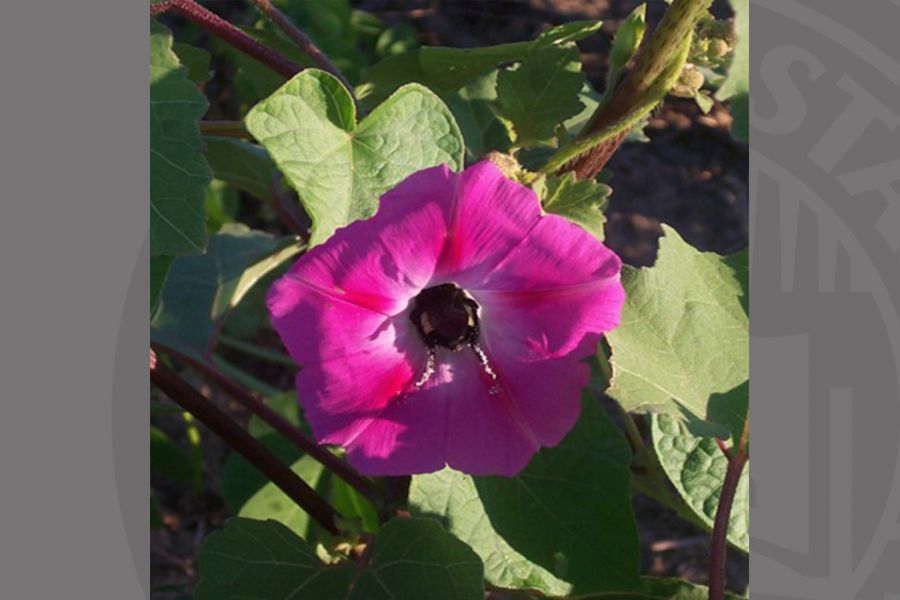Shu-Mei Chang, an associate professor at the University of Georgia, is an evolutionary ecologist with a focus on sexual selection in plants. She will present “Pollen Competition in the Style: Is bigger Always Better?” at 4:30 p.m. Thursday, October 8, in 210 Moulton Hall
Abstract
Sexual selection theory proposed by Charles Darwin is one of the most important evolutionary theories that can explain the existence of exaggerated sexual traits in animals that were difficult to explain using viability selection. However, its extension to plant reproductive traits has been limited, partly due to the fact that many plants are hermaphroditic and presumably lack the ability to differentially select among their mates. However, this conventional view emphasizes mainly on one part, the pre-pollination stage, of the reproductive process and neglects post-pollination processes such as pollen competition. Using the common morning glory, Ipomoea purpurea, as a model system, we ask the question of whether sexual selection occurs in this insect-pollinated hermaphroditic plant and if so, how? Here, I will discuss our research combining quantitative genetics analysis, field manipulative studies, and maker-aided paternity analysis to address this question. Basing on these latest findings, I will discuss the importance of sexual selection in hermaphroditic plants in general.

